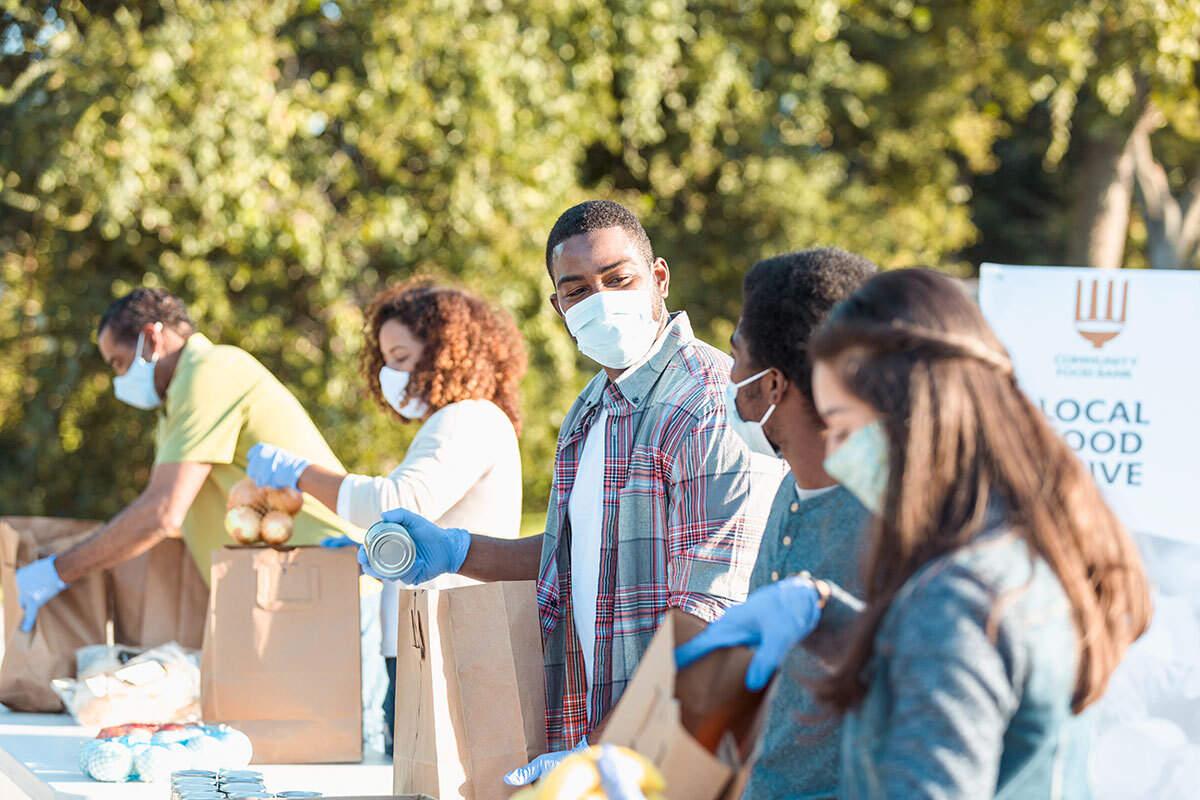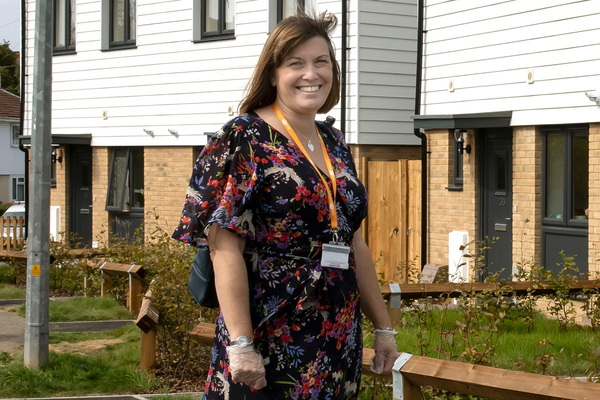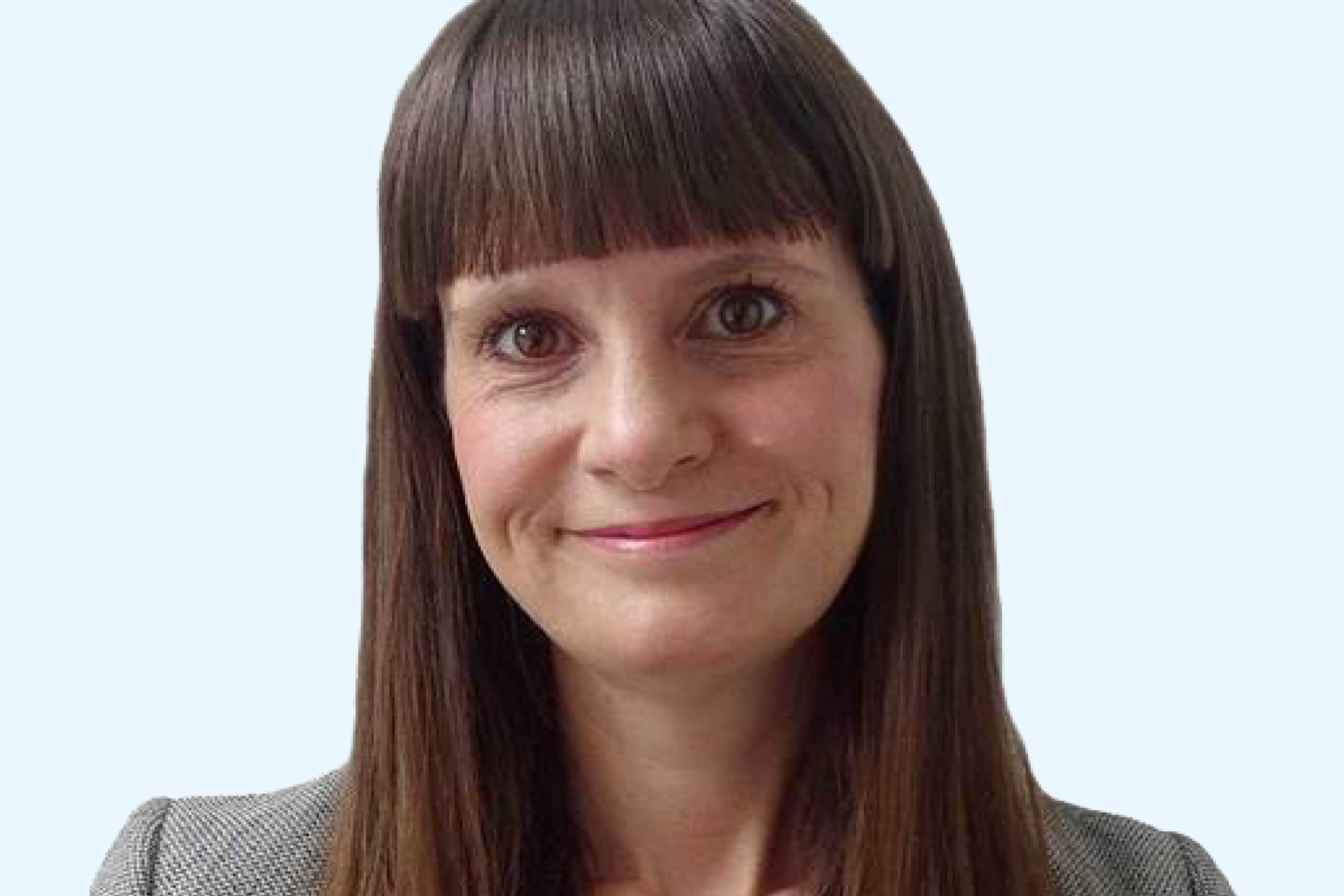You are viewing 1 of your 1 free articles

How we have used a government scheme for employing young people to create a new type of job role
Catalyst is using the government’s Kickstart Scheme of six-month paid placements for 16 to 24-year-olds to create a new job role in community work. Sahil Khan explains
Working with our communities is a fundamental and central part of what housing associations do.
One of the elements of this work that I’m passionate about is helping young people to thrive and get a good start to their working lives. This was important before the coronavirus pandemic, and more so now as the country focuses on its recovery.
“Many organisations are looking to use the scheme for traditional entry-level jobs, such as administration. My vision, however, is to use the scheme to build on the groundswell of community action we’ve seen in response to COVID-19”
I’m particularly excited about how housing associations can use the government’s new Kickstart Scheme to help young people get into, or back into, work through supporting their communities.
Launched last year, the government Kickstart Scheme provides funding to create six-month paid job placements for 16 to 24-year-olds who are on Universal Credit and at risk of long-term unemployment. Many organisations are looking to use the scheme for traditional entry-level jobs, such as administration.
My vision, however, is to use the scheme to build on the groundswell of community action we’ve seen in response to COVID-19 and encourage others to think creatively when responding to the government’s ‘Plan for Jobs’.
Kickstart in the Community is how we’ve put the vision into practice at Catalyst. Young people will be taking on the role of ‘community connectors’. These are new roles combining community investment work and housing, which will help them develop transferable skills, confidence and a local network.
We successfully applied to the scheme, which we found very straightforward, and we’ll be welcoming 30 young people into our new community connector roles – maybe even more depending on their success. Their time with us will give the young people a great introduction to housing and the opportunity to work in and for their communities, helping deliver local community services and organise new initiatives in the areas where they live.
“It’s young people I feel are perhaps the hardest hit as they live through the economic and social challenges of COVID-19 at the most formative time in their lives”
Working alongside our communities team, community connectors will use their local knowledge to map local community services, undertake community listening, stay in touch with socially isolated people and organise local community projects to boost community spirit and well-being in this challenging time – and beyond.
The roles will enable the continuation of the amazing community response we’ve already seen. Neighbours coming together to form mutual aid groups and the voluntary and community sectors joining forces with local authorities and housing associations to proactively offer a range of practical local help.
Over the past year we’ve seen first-hand how everybody in our communities has been affected by the pandemic in some way. In response, and as I spoke about here last year, we’re continuing to work with our customer-facing teams, local partners, charities and voluntary organisations to support the well-being of our residents and our communities.
Throughout the pandemic we’ve seen how people have sprung into action in their communities to help with everything, from looking out for neighbours to volunteering at COVID testing sites. The community spirit we see daily continues to inspire, humble and drive us.
In response to the initial and significant impact felt by our communities, we launched a COVID-19 emergency support fund to help charities and voluntary sector organisations meet additional demand and adapt to new ways of delivering their vital services in our communities.
Last year we awarded 30 grants, ranging from £400 to £2,000, to help organisations including foodbanks, befriending charities and employment and skills support. We also moved many of our community projects online, including our summer programme last year which included online drama, street dance and creative projects for young people.
In response to the first lockdown, we created a well-being team with colleagues who would normally be based in our communities. They started calling customers during the first lockdown to offer emotional and practical support to anyone who might need it.
The team has continued to call our customers during this lockdown, with these calls extending beyond those we called during the first lockdowns. We’re prioritising older customers who are likely to be shielding and people who are at an increased risk of isolation or loneliness.
“We have a once-in-a-lifetime chance to create something new for young people where they can get immersed in their communities, and we and they can lead and leave a positive legacy from the pandemic”
The well-being team is providing much-needed support with emergency food and utilities payments, foodbank referrals, digital support, signposting to local mental health and other well-being services, as well as helping customers get the right support from our team of money and benefits advisors and employment teams.
But it’s young people I feel are perhaps the hardest hit as they live through the economic and social challenges of coronavirus at the most formative time in their lives.
A time when new experiences and opportunities open up to them – to form long term social and professional networks, to spread their wings and start their working lives, to move out of home or continue their studies. All of these are still possible, but much harder and more uncertain now.
The world has changed, and shrunk, significantly for them.
We deliver, and continue to run and adapt, a range of initiatives, activities and opportunities for young people in Catalyst’s communities, including voluntary and paid youth work, mentoring and qualifications. And we’ve seen some great and life-changing outcomes from these.
Many young people have joined our workforce across London and the home counties through working with us in our communities, having gained the confidence and skills and that bit of experience they needed to bridge the gap and make them job-ready.
The government’s new Kickstart Scheme, supported by Catalyst, is a great opportunity for us to help young people do some great work in their communities while getting paid and gaining skills for life and getting our help with the start to their career journeys. We naturally hope that some of our ‘Kickstarters’ will find opportunities to join Catalyst through our apprenticeship and job vacancy routes.
I encourage others in the sector to look creatively at how they respond to the scheme – let’s talk about our thinking and approach. We have a once-in-a-lifetime chance to create something new for young people where they can get immersed in their communities, and we and they can lead and leave a positive legacy from the pandemic.
If you’d like to get involved with the Kickstart in the Community project, we’re working in partnership with HACT and the Centre for Excellence in Community Investment, we’d love to hear from you. You can contact me directly or email robert.sugden@hact.org.uk.
Sahil Khan, director of community investment, Catalyst Housing












